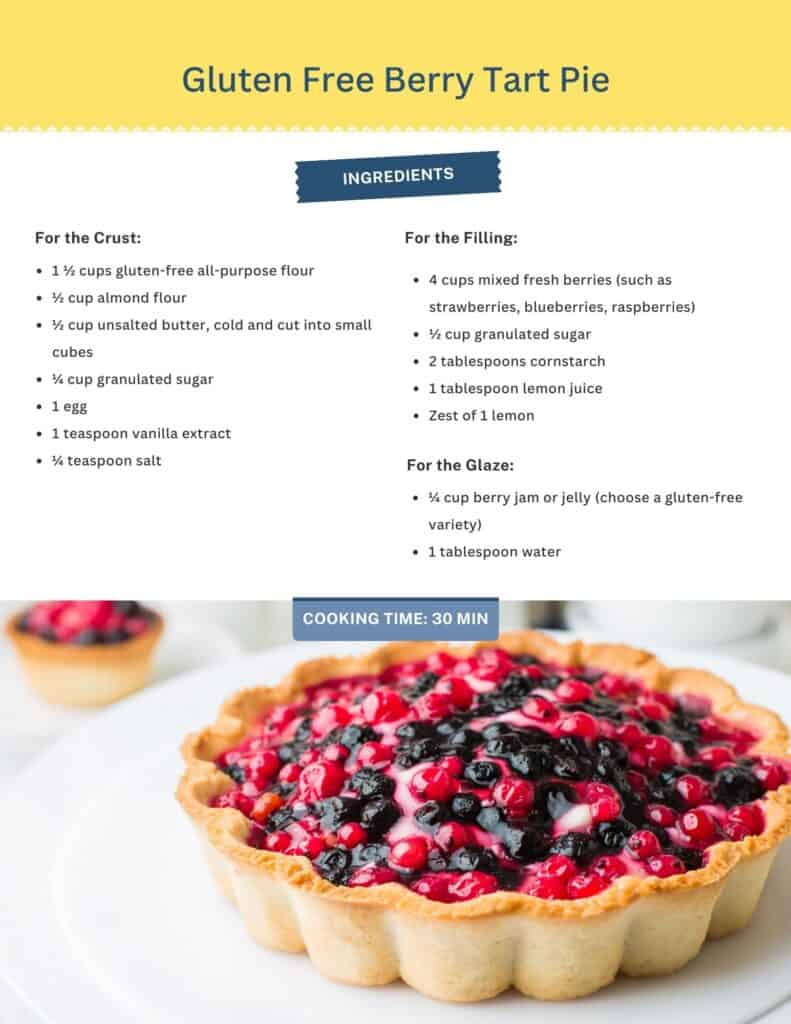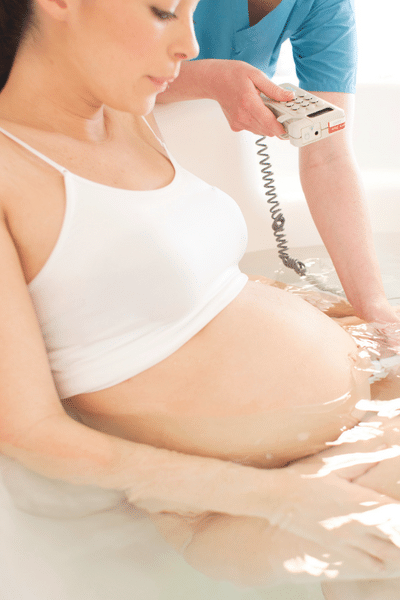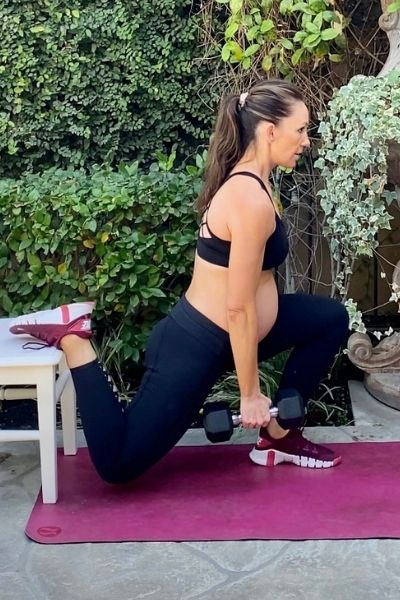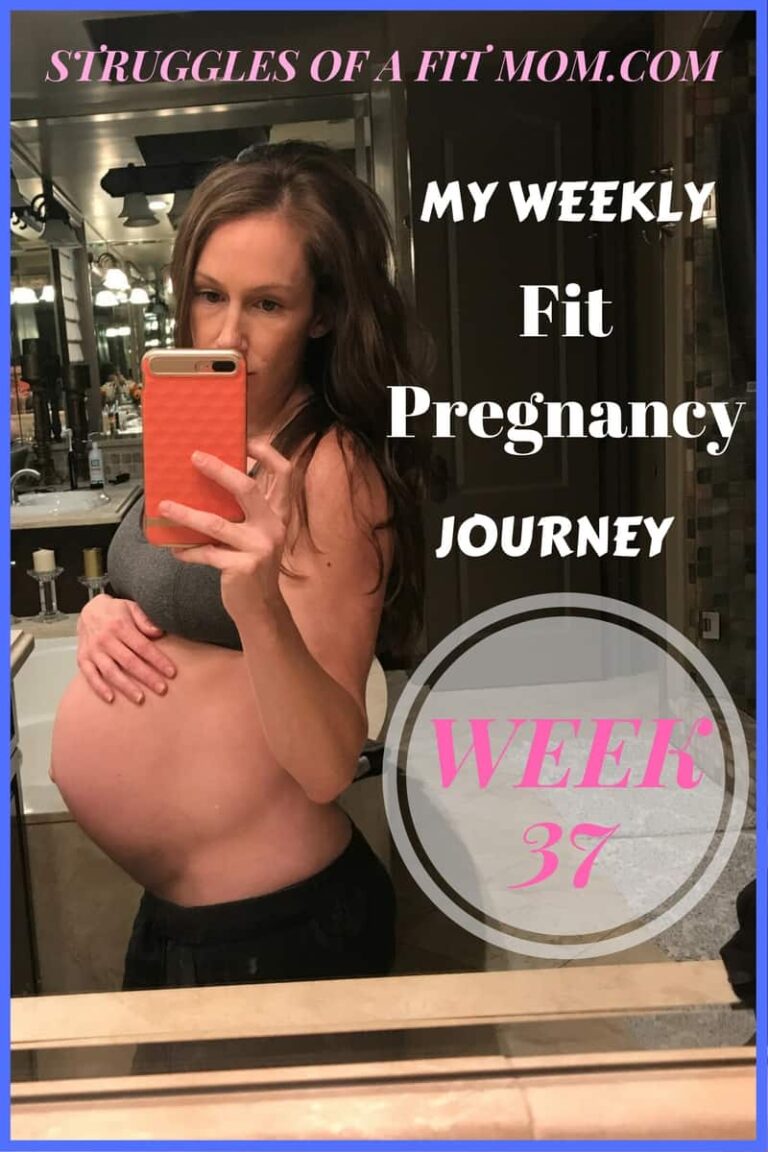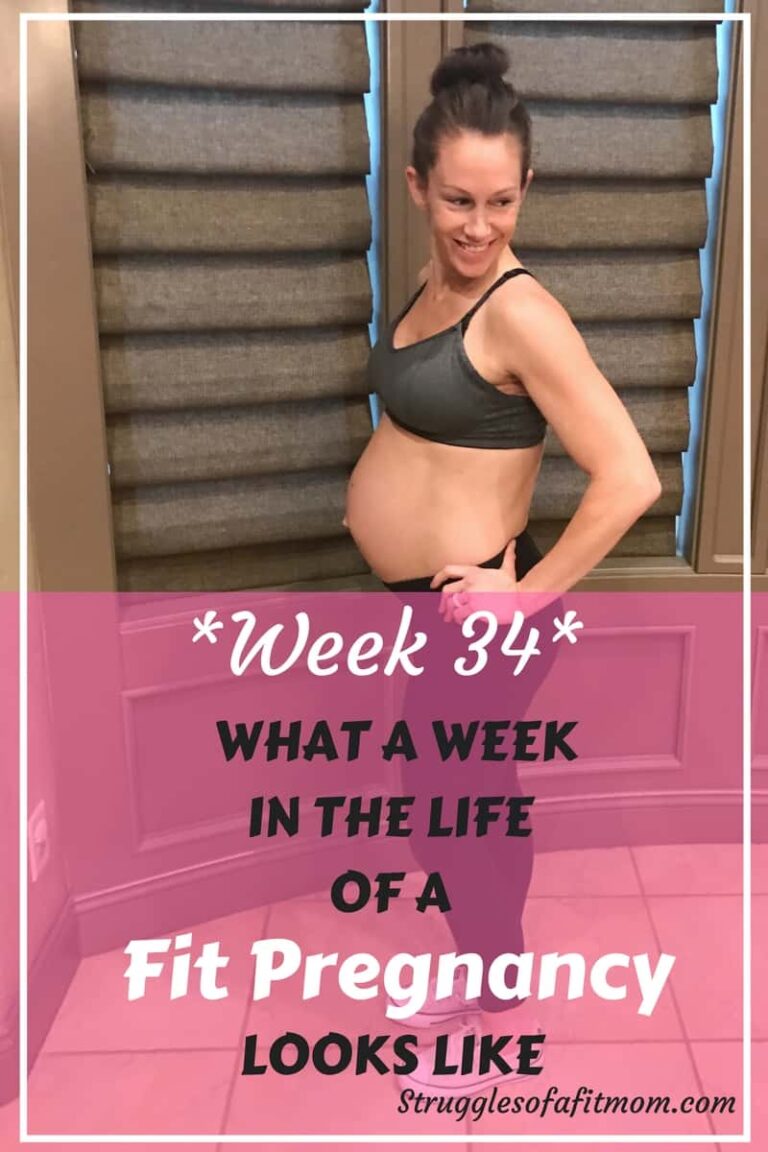Congratulations, You’re Pregnant!
From minimizing aches and pains to reducing complications such as gestational diabetes or preeclampsia, current research shows that prenatal exercise is one of the best things you can do for both you and your baby!
But does the thought of huffing and puffing or breaking a little sweat make you want to skip your workouts?
Movement is medicine and pregnancy is no exception!
Learn how to stay active during pregnancy, keep your core strong, prepare your body for labor and reduce aches and pains as you embark on your pregnancy journey.
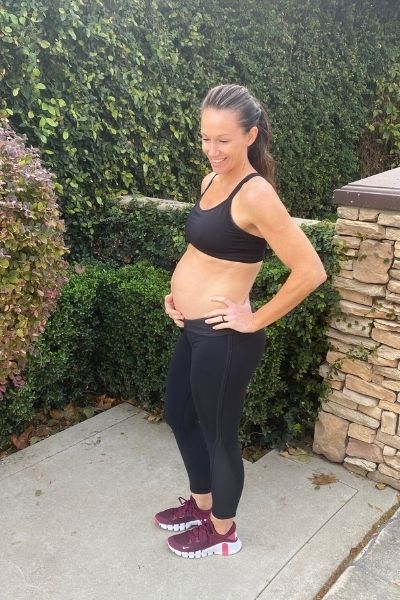
Pregnancy Workouts
See All >
Pregnancy pain & discomfort
See All >
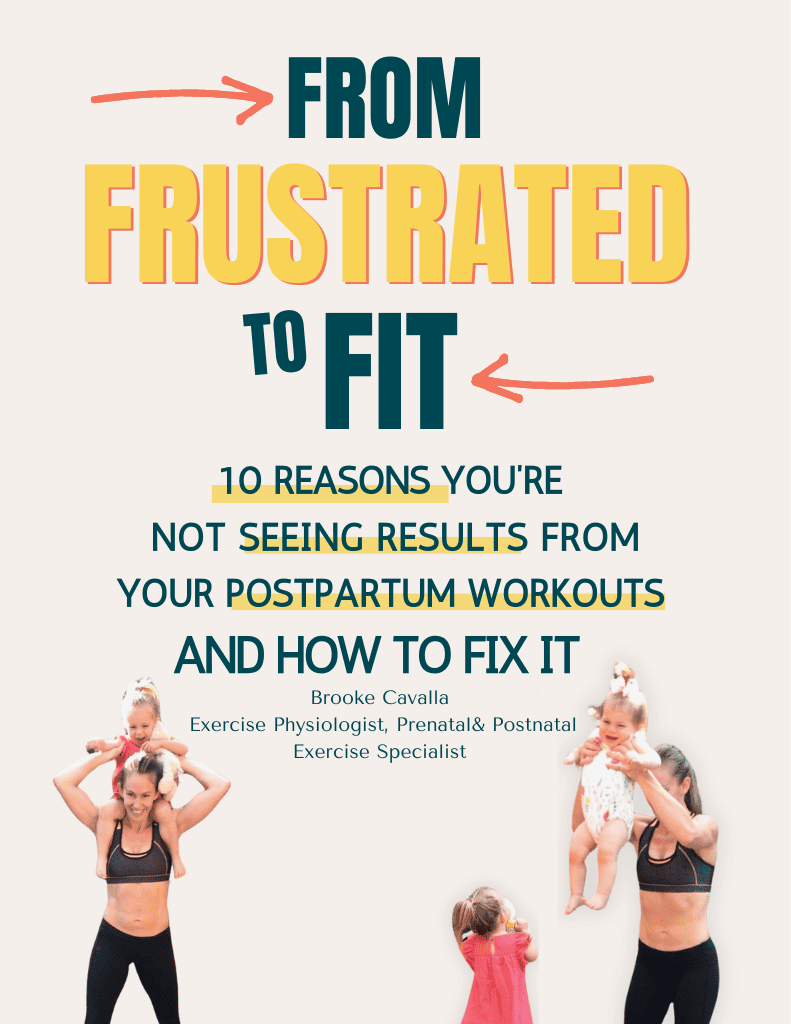
Grab your Free copy
Get a Squeeze of Citrusy Delights in Your Inbox
Join our newsletter and receive a zestful package of 10 reader fav 30-minute recipes, guaranteed to add a burst of flavor to your culinary adventures. Sign up now and let the lemony goodness flow straight to your inbox!
Pregnancy Care
See All >
Most Frequently Asked Questions about prenatal exercise
Birth Prep
See All >
Maternity Style
See All >
Fit Pregnancy Journey
See All >
Meet the author
Welcome! I’m Brooke!
I’m a proud mother of four, surviving on love, laughter, and endless cups of coffee.
You can expect to find more than just fitness tips and routines.
I’ll share time-saving tricks, organizational hacks, and ways to keep the entire family involved in staying active and healthy.
This blog is all about embracing the chaos of motherhood, finding humor in the daily hiccups, and using fitness as a tool to be the strongest and happiest versions of ourselves.
We got this!





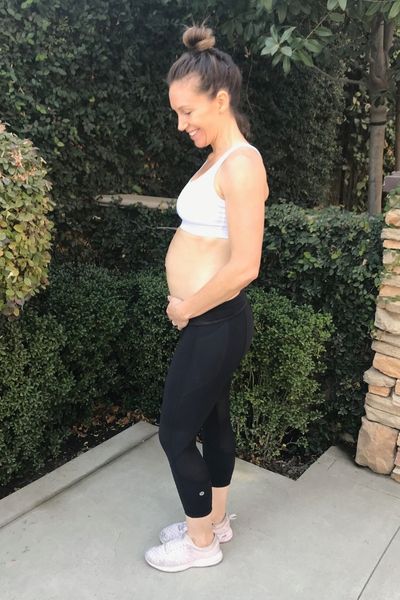


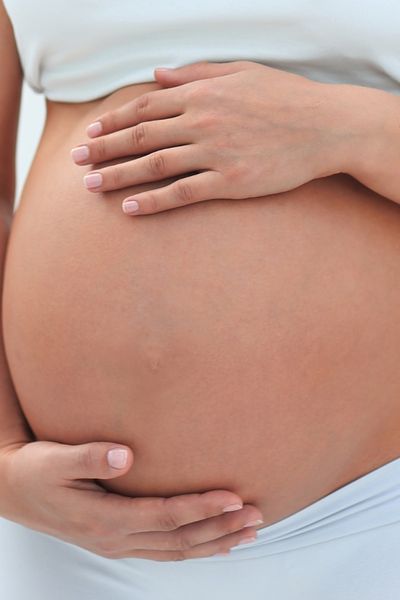

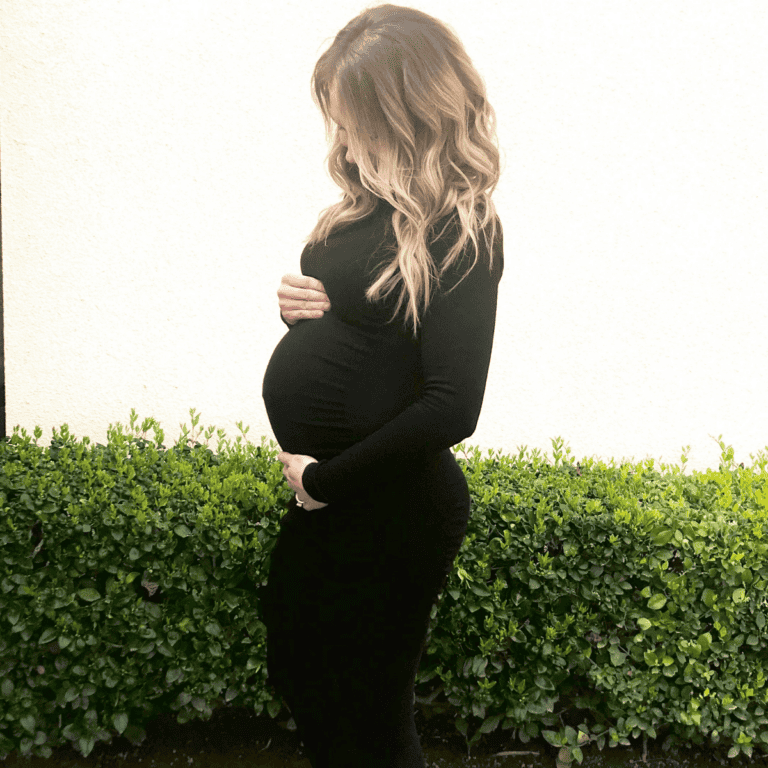

![The Secret to Relieving Back Pain from Breastfeeding: [15 Best Exercises & Tips]](https://www.strugglesofafitmom.com/wp-content/uploads/2022/04/back-pain-breastfeeding-featued-image.jpg)

